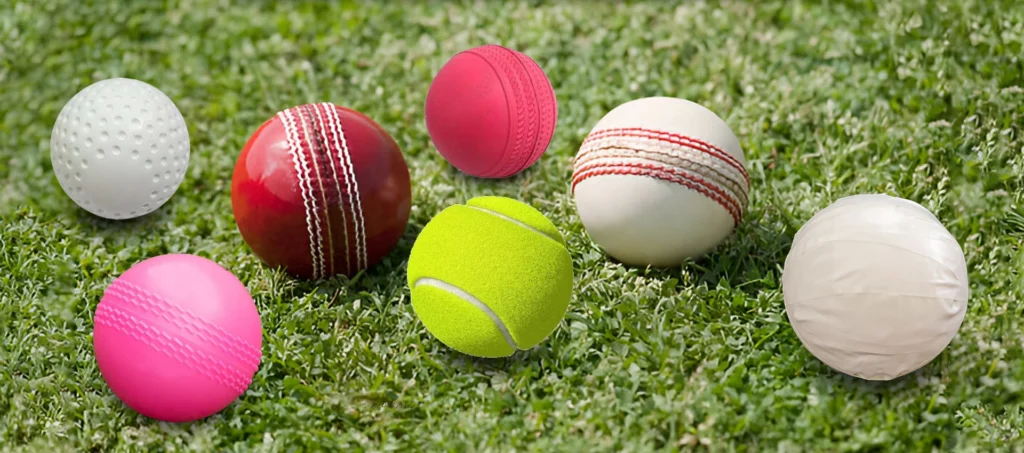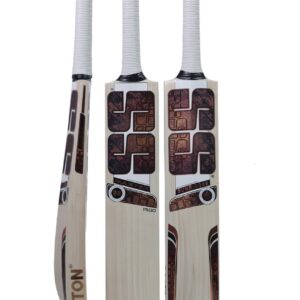When it comes to cricket practice, choosing the right ball is crucial. Whether you’re a budding cricketer or an experienced player, the type of ball you practice with can significantly impact your skill development. In this guide, we’ll explore various cricket balls, their features, and which ones are best suited for different practice scenarios. With years of experience playing and coaching cricket, I’ll also share some personal insights to help you make an informed decision.
Types of Cricket Practice Balls
1) Tennis Balls for Beginners

For newcomers to cricket, tennis balls are the go-to option. These balls are lightweight, easy to handle, and provide a safe way to practice basic skills. They’re particularly ideal for young players or those practicing in confined spaces. With their low impact and affordability, tennis balls are perfect for improving hand-eye coordination, footwork, and batting stance.
2. Leather Cricket Balls for Advanced Players

Leather cricket balls are the closest replica of match balls and are widely used by intermediate and professional players during practice. These balls allow bowlers to perfect their swing and seam positioning while enabling batsmen to practice accurate timing and shot placement. Leather balls are excellent for preparing players for real-match conditions but should be used with proper safety gear due to their hardness.
3. Synthetic and Rubber Balls
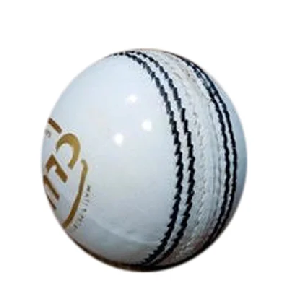
Synthetic cricket balls are a versatile option, designed to mimic the bounce and behavior of leather balls while being softer and safer for prolonged practice. Rubber balls are another durable choice, particularly useful for fielding drills and outdoor practice. These balls are less likely to wear out quickly, making them cost-effective for frequent sessions.
4. Wind Balls for Versatility
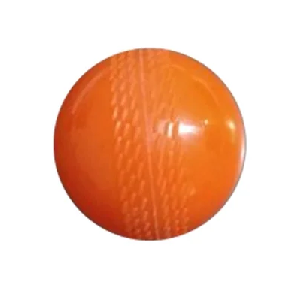
Wind balls have become increasingly popular for both indoor and outdoor practice. They are lightweight, easy to control, and offer a consistent bounce, making them suitable for improving accuracy in bowling and batting. Wind balls are also a preferred option for practicing in limited spaces without worrying about breaking windows or injuring teammates.
5. Soft Synthetic Balls for Injury-Free Training
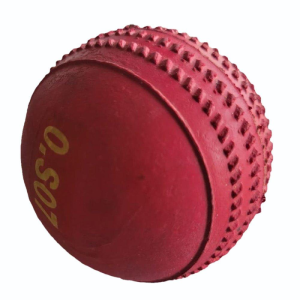
Designed specifically for safety, soft synthetic balls reduce the risk of injuries during intense practice sessions. These balls are ideal for players of all ages, especially beginners or those recovering from injuries, as they provide a realistic cricket experience without the hardness of leather balls.
Factors to Consider When Choosing a Practice Ball
1. Skill Level and Training Goals
Your experience and training objectives play a significant role in selecting a cricket ball. For beginners, lighter options like tennis or wind balls work best. Advanced players should opt for leather or synthetic balls to simulate real-game scenarios.
2. Durability and Cost
Frequent practice sessions demand durable balls that can withstand wear and tear. Rubber balls and synthetic balls are excellent long-lasting options. Investing in quality ensures you get more value and better results from your training.
3. Safety and Playing Conditions
For indoor practice or in limited spaces, soft balls like wind or rubber balls are ideal to prevent injuries and damage. Always consider the playing surface, as some balls perform better on grass, turf, or hard courts.
Why Choosing the Right Ball Matters
Using the right practice ball directly impacts your training efficiency. Leather balls enhance advanced skills, while synthetic balls provide safety and versatility. Tennis balls allow beginners to grasp the fundamentals without intimidation. Selecting a ball tailored to your goals not only makes practice more productive but also more enjoyable.
Benefits of Using the Right Cricket Practice Ball
Using the right Cricket practice ball ensures a better and safer training experience. Here are some benefits:
- Improves Skills: Players can focus on specific areas like swing, seam, or shot timing.
- Builds Confidence: Safe practice builds confidence, especially for beginners.
- Match Preparation: Advanced balls help players feel comfortable in real match scenarios.
- Fun and Enjoyment: Friendly balls like Vicky Cork Balls keep the fun alive in casual matches.
Personal Experience with Cricket Practice Balls
Having played cricket at various levels, I can confidently say that the type of ball you use matters a lot. During my early days, tennis balls were my go-to choice. They helped me develop hand-eye coordination without the fear of injury. As I progressed to club-level cricket, leather balls became essential for honing my skills under match-like conditions.
For fielding drills, I often recommend rubber or plastic balls. They are durable, cost-effective, and excellent for practicing high catches and fast throws. When coaching young players, I introduce them to wind balls to help them practice batting without worrying about getting hurt.
Recommended Balls for Different Practice Needs
- Best for Beginners: Tennis balls or wind balls.
- Best for Batting Practice: Synthetic or wind balls.
- Best for Bowling Practice: Leather or synthetic balls.
- Best for Fielding Practice: Rubber or plastic balls.
- Best for Indoor Practice: Rubber balls or wind balls.
Final Thought
Selecting the right cricket ball for practice can greatly influence your performance and confidence on the field. Beginners can start with tennis or wind balls to build their basics, while advanced players should use leather or synthetic balls for realistic practice sessions. Remember to consider factors like skill level, practice type, and surface before making your choice.
Ultimately, the best cricket practice ball is the one that meets your specific needs, helping you improve your skills and enjoy the game. So, grab your bat, pick the right ball, and start practicing to take your game to the next level!
Frequently Asked Questions
Which ball is best for beginners?
Tennis balls are lightweight and safe, making them ideal for beginners.
Can I use leather balls for practice?
Yes, leather balls are excellent for advanced players practicing match-like scenarios.
What are wind balls used for?
Wind balls are used for controlled, safe practice sessions and are great for indoor or limited-space training.
This guide aims to simplify your decision-making process, ensuring you choose the best ball for your cricket practice needs.

